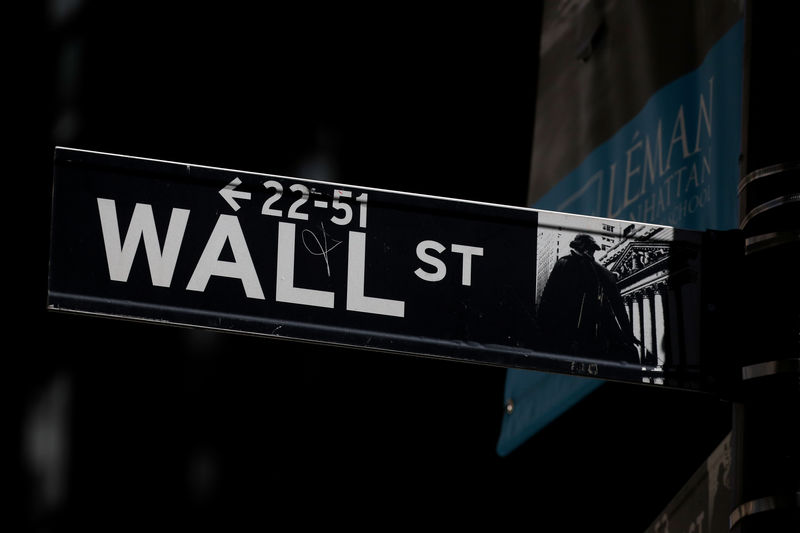By Matt Scuffham and Pete Schroeder
NEW YORK/WASHINGTON (Reuters) - Wall Street banks believe they are getting a green light from supervisors to hold more Treasury debt and less cash after last month's volatility in overnight lending markets, three industry sources told Reuters.
That change could help boost liquidity in the overnight lending markets, because Treasury bonds are a common type of collateral pledged by companies and investors in exchange for cash.
Banks have complained for years that the U.S. Federal Reserve can be painfully prudent with its view that Treasury bonds are not the same as ordinary dollars when used as a liquidity buffer.
In recent weeks, they have intensified efforts to get Fed officials and examiners to soften their stance, and initial signs suggest the industry may finally be getting a warmer reception.
In private conversations with senior bankers, supervisors have attempted to make banks more comfortable with using excess reserves to lend in repo markets rather than hold onto more cash, sources familiar with the discussions said.
The Fed declined to comment on conversations with regulated entities.
Banks hold regular meetings with Fed supervisors, who provide broad guidance on how to interpret regulations but do not offer formal instructions, people familiar with the matter say. Rather than be prescriptive about how to manage reserves, supervisors identify shortcomings and provide general feedback on capital plans put forward by the institutions.
Bankers previously came out of that process understanding that the Fed preferred them to hold cash rather than Treasury bonds in times of stress, industry sources said. A struggling bank looking to offload large volumes of Treasury bonds may need to do so at a deep discount, which is a worry for regulators.
"Banks have been to some extent instructed by their supervisors, at least through the years, that there is a preference or even a requirement … that the banks hold high levels of excess reserves," said Bill Nelson, a former senior Fed official who is now chief economist for the Bank Policy Institute, which lobbies for larger banks.
REPO MARKET UPHEAVAL
The tone taken by bank supervisors in private interactions with bank staff changed after chaos in the overnight lending market, known as "repo," in September, one bank source said.
Rates for those loans suddenly spiked to 10% and the Fed had to step in to provide liquidity for the first time since the global financial crisis. The smooth functioning of those markets is critical to the financial system, providing banks with the short-term funding they need to trade and lend.
The Fed's approach to regulation and supervision has relaxed since U.S. President Donald Trump appointed Randal Quarles as head of banking supervision two years ago. Quarles said the Fed was rethinking its position on reserves at a May 2018 conference, but bank sources said they did not experience any change in approach until recently.
U.S. lenders with more than $250 billion in assets are currently required to hold a large pool of high-quality, easily tradable assets that can cover cash outflows during times of extreme stress.
Banks can park those excess reserves at the Fed, either in idle cash or by buying Treasury bonds. Both are regarded as "high-quality, liquid assets" in formal regulatory requirements. However, many banks believed the Fed preferred cash over Treasuries, based on private supervisory feedback they received.
Some bankers, including JPMorgan Chase & Co (N:JPM) Chief Executive Jamie Dimon, say that prevents them from easing stress in repo markets.
This month, Reuters reported that changes to JPMorgan's $2.7 trillion balance sheet, which saw the bank reduce the cash it had on deposit at the Fed by 57% through June, were a factor in the repo spike.
Speaking to reporters after JPMorgan reported third-quarter results on Tuesday, Dimon said he would have happily provided more overnight loans when rates spiked because it would have generated better profits than leaving cash at the Fed. But, in his view, regulatory constraints prevented JPMorgan from doing so.

"We have $125 billion in that checking account today. I would be happy to move all of it into repo, but we can't because of regulations," he said.